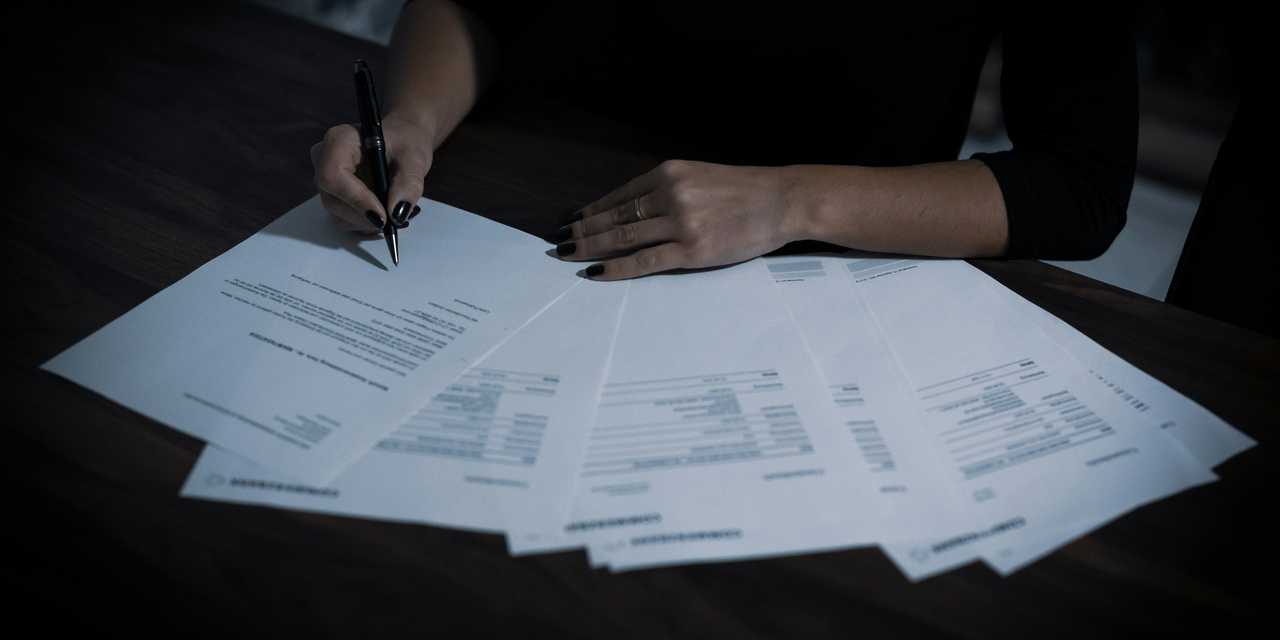An apostille is an official certificate issued to authenticate documents for use in foreign countries that are members of the Hague Convention. It ensures that the document is legally recognised abroad, streamlining international processes like studying, working, or conducting business overseas.
Whether it’s a birth certificate, marriage certificate, or academic degree, an apostille guarantees your document meets international legal standards.
This guide explains the apostille process, its importance, and how to get your documents certified quickly and efficiently.
What is an Apostille?
An apostille is a certification attached to documents so they are recognised as authentic in countries that are part of the Hague Apostille Convention of 1961.
That all sounds rather complicated, but it’s actually fairly straightforward. This international agreement was created to simplify the process of legalising documents abroad, replacing a more complicated, multi-step system. Now, documents certified in one member country are accepted in all the others without needing further authentication.
There are 126 nations covered by this convention, including the UK, US, Australia, Canada, Japan, Spain, France, India and obviously many more!
The Importance of Apostille
Apostilles are incredibly helpful for anyone needing to use their documents like diplomas, marriage certificates, or legal papers outside their own country.
Understanding how to obtain an apostille is crucial for anyone dealing with cross-border legal or administrative matters. The process involves verifying the document's authenticity through the relevant government authority, ensuring it meets the requirements for the country where it will be used.
They make sure these documents are officially accepted worldwide. Here are some of the most common scenarios that require people to get their documents apostilled.
- Studying Abroad: Students often need apostilles on their academic records to enrol in universities abroad.
- Working Overseas: If you're moving abroad for work, you might need an apostilled criminal background check or professional qualifications.
- International Business: Companies use apostilles for their corporate documents when they're setting up operations or trading internationally.
Having your documents apostilled smooths out the process of moving, working, or doing business across different countries, ensuring your paperwork is recognised without any hassle.
Documents Commonly Requiring Apostilles
So, now that we know the circumstances that usually require apostille documents, what types of documents are most commonly apostilled?
- Birth Certificates: Essential for proving who you are in other countries.
- Marriage Certificates: Needed for things like spouse visas or changing your name abroad.
- Academic Diplomas: Important for job applications or further studies overseas.
- Legal Papers: Needed for legal dealings across borders, like powers of attorney or company documents.
These documents need the apostille stamp because foreign officials require a trustworthy way to know that they are legit. An apostille makes sure your important papers are accepted everywhere.
The Apostille Process in the UK Explained
Getting an apostille in England and the rest of the UK is quite a simple process, but it does require some preparation:
- Identify the Document: Make sure that the document you need to be apostilled is a document that qualifies for this service. Apostilles are typically issued for official documents issued by a government authority, like birth certificates, marriage certificates, court documents, and academic transcripts.
- Contact the Legalisation Office: You can either apply online or by post through the UK Government’s Legalisation Office.
- Submit Your Documents: You’ll need to provide the original document along with any specific forms required. If you’re submitting these on paper, be sure to send them via courier or recorded delivery so that you can ensure your documents are safe.
- Pay the Fee: There's a charge for each document you need to apostille, which you can pay online during the application process. This is currently £45 per apostille, but there are various other options available, including an express apostille service for businesses.
- Processing Time: It usually takes 2-10 working days to get your document back, but this can vary.
Who Issues Apostilles?
Different government bodies deal with apostilling documents, depending on which country you’re in.
Here are the relevant bodies responsible for apostilling documents in some of the most common countries we get asked about:
- In the UK: The Foreign, Commonwealth & Development Office (FCDO) handles British apostilles.
- In the USA: It varies by state, usually the Secretary of State’s office, or for federal documents, the U.S. Department of State in Washington D.C.
- In Australia: The Department of Foreign Affairs and Trade (DFAT) is in charge.
- In France: The regional Court of Appeal (Cour d'Appel) takes care of it.
- In Spain: The Ministry of Justice, through its regional offices, issues apostilles.
Using Apostilled Documents Abroad
Once your documents are apostilled, they're ready to be used in any foreign country that’s part of the Hague Apostille Convention.
When presenting your apostilled documents overseas, here are a few important things to keep in mind:
- Check the Seal: Make sure the apostille seal and signature are clear to avoid any doubts.
- Need a Translation?: If your apostilled document isn’t in the local language, you may need a certified translation as well, so it’s worth checking beforehand.
- Know the Local Rules: Some countries might have extra steps before you can proceed.
Following these tips will help ensure that your apostilled documents are accepted without any issues.
Understanding how apostilles work is key to making sure your documents are accepted in other countries.
Whether you need them for school, work, or personal matters, knowing who to go to and what to do in your country helps ensure your documents are properly recognised worldwide, making international dealings smoother.

